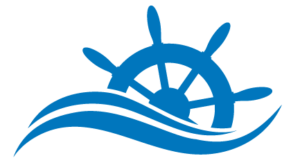
August 9, 2018
By Marie Zhuikov
A program designed to reduce pollution and protect Wisconsin’s waterways was recently awarded $200,000 from the Fund for Lake Michigan. It’s the Wisconsin Clean Marina Program, which has operated since 2009. The three-year grant will allow for increased staff time and a renewed focus on encouraging more marinas and boatyards in the state to become certified.
“This grant is really giving a shot in the arm to this program. It’s a boatload of money to encourage clean marinas,” said Julia Noordyk, Wisconsin Sea Grant’s water quality and coastal communities outreach specialist. She explained that when the program began, “There was a big surge in membership for clean marina certifications. But the last four to five years, it’s plateaued off.”
Currently, former Sea Grant staff member Victoria Harris devotes a small percentage of time to the project. This project will extend her contract before she retires so that she can help train in the new half-time coordinator. The grant will also pay for some student hourly work.
To become a certified clean marina, businesses voluntarily adopt a list of best-management practices. Program staff conduct site visits to verify marina practices and provide training and technical support to marina and boatyard managers.
The program has certified 21 marinas. With another three certifications pending, and 14 more marinas interested in the program, the staff will have plenty to do.
“A successful program really needs an increase in one-on-one support between a coordinator and a marina,” Noordyk said. “The past funding model wasn’t sufficient to supply that.”
The Clean Marina Program is currently administered by the Wisconsin Marine Association (WMA) with financial and technical support from the Wisconsin Coastal Management Program and assistance from Wisconsin Sea Grant.
“Frankly, this grant is saving the Wisconsin Clean Marina Program,” said Michelle Shrider, WMA president. “We see the program being able to go into the long-range future with this help.”
Shrider explained that another goal of the grant is to provide funding to explore sustainable funding for the program. “Ideally, we’d like to get some support from government agencies in Wisconsin, which is often the case for other clean marina programs around the country and in other states. They are housed inside a government agency such as the DNR or some environmental program in a state agency,” Shrider said.
Vicki Elkin, executive director for the Fund for Lake Michigan, said the Clean Marina Program fit perfectly with the fund’s goals to have a positive impact on water quality in Lake Michigan.
“Funding this project is an opportunity to scale up a proven program and have a real, measurable impact on Lake Michigan,” Elkin said. “It’s pretty clear that demand for the program exceeds available resources. It’s also an opportunity for us to touch a lot of communities at once. Many of our projects are place-specific – we fund in Kenosha, Racine, Sheboygan, Milwaukee and Door County – but this allows us to touch the entire shoreline at one time and work with marinas that we could never work with one-on-one just because there’s so many of them. I’m excited about it.”
Noordyk stressed that although the focus of the new grant is on improving water quality for Lake Michigan, funding from the Wisconsin Coastal Management Program and the WMA will continue to support the clean marina coordinator to travel to Lake Superior and inland marinas.
“The Wisconsin Clean Marina Program is built around partnership and collaboration between many stakeholders,” said Todd Brieby, coastal nonpoint and education coordinator with the Wisconsin Coastal Management Program. “The marine and boating industry, state agencies and the university came together to create a program that would have a lasting environmental and economic impact on our state. They worked with both marine businesses and recreational boaters to achieve these goals. The opportunity to cooperate with the Fund for Lake Michigan will not only help us grow a sustainable future for the program, it shows the importance of partners working together to be better stewards of our resources.”
Noordyk recently completed a survey of certified clean marinas in Wisconsin. Results demonstrate the need to keep the program alive. “The marinas love the program and want it to grow. The results show that the best-management practices they put in place immediately improve the quality of water that’s going into the Great Lakes. The marinas would also like some help in terms of boater education for their customers,” Noordyk said.
Additional Clean Marina partners include the University of Wisconsin-Extension, the Wisconsin Department of Natural Resources-Office of Great Lakes, SmithGroupJJR and the U.S. Coast Guard.







